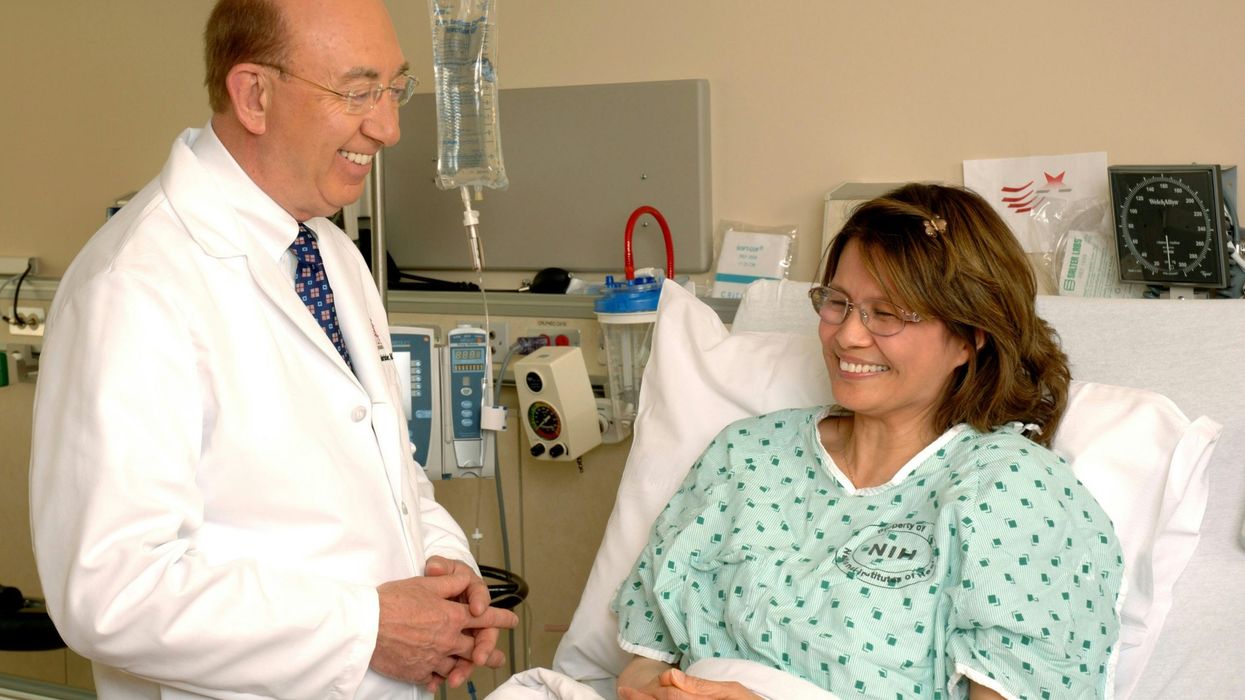Medical scribes play a crucial role in modern healthcare. Scribes are sometimes known as documentation assistants and help healthcare providers by managing documentation and administrative tasks.
The contributions of scribes are essential in optimising the efficiency and accuracy of medical practices, allowing doctors, nurses, and other healthcare professionals to focus on direct patient care.
In the digital age, services like scribe-x.com provide medical scribes who work both in person and remotely. Let’s look at what scribes do and their impact on the healthcare system.
Handle documentation
One of the primary responsibilities of a medical scribe is to document patient encounters in real-time. Scribes accompany healthcare providers during patient examinations and accurately record all relevant information. This includes medical histories, physical examinations, diagnoses, treatment plans, and any follow-up information (such as follow-up appointments or additional tests).
Manage electronic health records (EHR)
EHRs have become the standard for patient documentation. Medical scribes are responsible for entering all patient information into these systems. Scribes input data from the patient encounter into a practice’s EHR system, ensuring accurate and complete data.
They continually update patient records with new information from subsequent visits, test results, and changes in treatment plans.
Scribes ensure that all documentation complies with regulatory standards and hospital policies. This reduces the risk of legal issues and enhances the quality of care.
Scribes completing these tasks allows healthcare providers to access up-to-date patient information quickly. This can improve decision-making and patient outcomes.
Manage workflow and improve efficiency
Medical scribes significantly contribute to the efficiency of healthcare settings by managing workflow and administrative tasks. Scribes help organise and prioritise tasks and ensure that the most critical tasks are addressed promptly.
They assist in arranging patient appointments, help practitioners avoid scheduling conflicts, and optimise patient flow.
Scribes also act as intermediaries between healthcare providers, patients, and other staff, ensuring that communication is clear and effective.
By handling the documentation and administrative duties, scribes free up healthcare providers' time, allowing them to see more patients and spend more time on direct patient care.
This role in managing workflow is particularly crucial in busy healthcare settings like emergency departments, where efficiency can have a great impact on patient outcomes.
Support medical procedures
While the primary role of a medical scribe is documentation, they may also assist healthcare providers during medical procedures by preparing necessary documents and sometimes aiding with simple tasks.
Scribes ensure that all necessary patient information is available and organised before procedures.
During procedures, scribes document the process and note any complications, observations, and the outcomes.
Scribes help coordinate between different departments and specialists, ensuring that procedures are conducted smoothly and efficiently.
Their support can be invaluable in high-stakes environments like surgery and emergency care, where every second counts.
Enhance patient-provider interaction
One of the less obvious but important roles of medical scribes is enhancing the interaction between patients and healthcare providers. By handling the documentation, scribes allow providers to maintain eye contact with their patients, help them to engage more effectively, as well as let them spend more time with patients and improve communication.
Clear and uninterrupted conversations improve patient satisfaction and can lead to better adherence to treatment plans. This enhanced interaction is also key to building trust and ensuring that patients feel valued and heard.
What skills and training does a medical scribe need?
To fulfil these roles effectively, medical scribes must possess a range of skills and undergo specialised training.
Scribes need a solid understanding of medical terminology, anatomy, and physiology.
A scribe also requires a high attention to detail to ensure accurate and thorough documentation.
Familiarity with EHR systems and general computer proficiency are also important.
Strong verbal and written communication skills are needed to effectively interact with healthcare providers and patients.
Scribes must have the ability to work in fast-paced environments and adapt to varying workflows.
Training programs for medical scribes often include classroom instruction, hands-on practice, and sometimes certification exams to ensure they are well-prepared for the demands of the role.
What is the impact on healthcare from medical scribes?
The presence of medical scribes in healthcare settings has been shown to have numerous benefits, including increased efficiency of healthcare providers, improved documentation quality, enhanced job satisfaction of provider employees, and better patient outcomes.
By managing documentation and administrative tasks, scribes allow healthcare providers to focus on what they do best: caring for patients.












